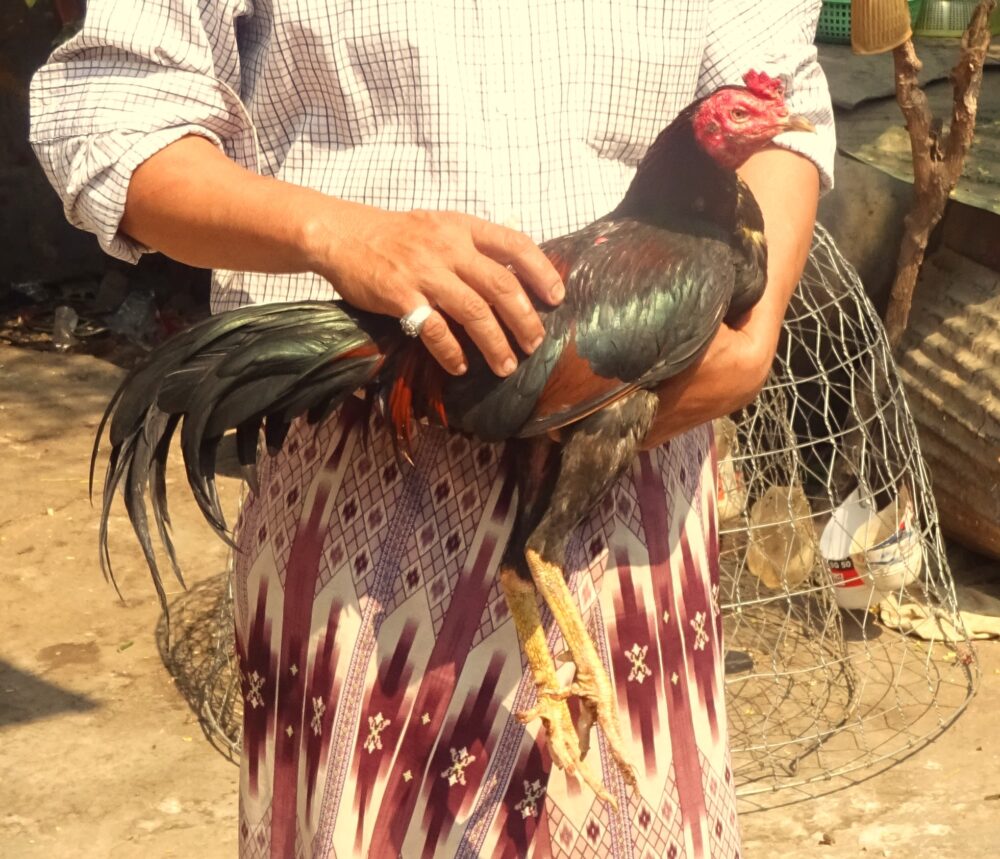By Neena Bhandari
Sydney, 23.10.2024 (SciDev.Net): Every year, 24 October is observed as World Polio Day, while the whole month is designated to raising awareness of the disease. Polio or poliomyelitis is a highly infectious, crippling and sometimes even fatal disease, which mainly affects children under five, and can be prevented with a vaccine. In 1988, the World Health Assembly, WHO’s decision-making body, committed to eradicating polio and this is close to being achieved.
The awareness day and month emphasise the importance of maintaining high immunisation coverage to protect every child from this disease and prevent it from returning. But it is also an opportunity to highlight the lifelong consequences faced by those who survived the disease and the urgent, less understood and often neglected need to invest in their medical care and rehabilitation.
Many polio survivors, including those with non-paralytic polio or undiagnosed polio, face the threat of debilitating late effects of the disease several decades after their initial illness. They are at risk of experiencing the Late Effects of Polio (LEoP) and/or its subset Post-Polio Syndrome (PPS), which can lead to decreased mobility and muscle function.

